Transgender Hair Transplant
At Hair Transplant Centre, we treat transgender individuals who want to recreate their hairline.
The results are very natural and permanent, with minimal downtime and pain. We also provide post-care treatments which are included in the service and we will follow up and guide you through the after-care journey.
Dr. Inder is experienced in transgender hair transplantation and has performed a number of male to female transgender hair transplants as well as female to male transgender hair transplants.
It is her unparalleled artistry, combined with his superior technical skill and commitment to providing exceptional patient care.
MALE TO FEMALE (MTF) TRANSFORMATION
One of the most common procedures we perform on Male To Female (MTF) patients is creating a feminine hairline, which is lower, flatter, and rounder than its male counterpart.
If you look closely, you can see that women and men of all ages have different hairlines. Women have a more rounded line and the hair doesn’t recede at the temples. Men have a far different shape to their hairline. This is part of what establishes the male or female appearance.
Hair transplantation can feminize, creating a hairline that enhances female features.
FEMALE TO MALE (FMT) TRANSFORMATION
Hair on the face is a strikingly male trait. It increases the appearance of adult masculinity.
Female to Male (FTM) transgender hair restoration typically involves beard and/or moustache hair restoration.
Transgender hair restoration can replace any balding spots on the head and enhance the look of masculinity by giving the patient the perfect amount of facial hair. Depending on your timeline, you may want to look into hair restoration early in your transformation, since it can take up to a year to see the final results.
Our hair transplant doctors always takes great care in making sure your transgender hair restoration is exactly right for you and who you really feel you are.
How is it Done?
Whether MTF or FTM hair restoration surgery is being performed, We at Hair Transplant Centre, we use the FUE technique that includes the donor hair harvesting and implantation in the desired area as done in all other hair transplant procedures.
Dr will discuss the benefits of follicular unit extraction (FUE) for extracting donor hair for your transplantation.
Once harvested, Doctors and their dedicated team will carefully prepare each graft for implantation and doctors will create recipient graft sites with an eye towards artistry and precision.
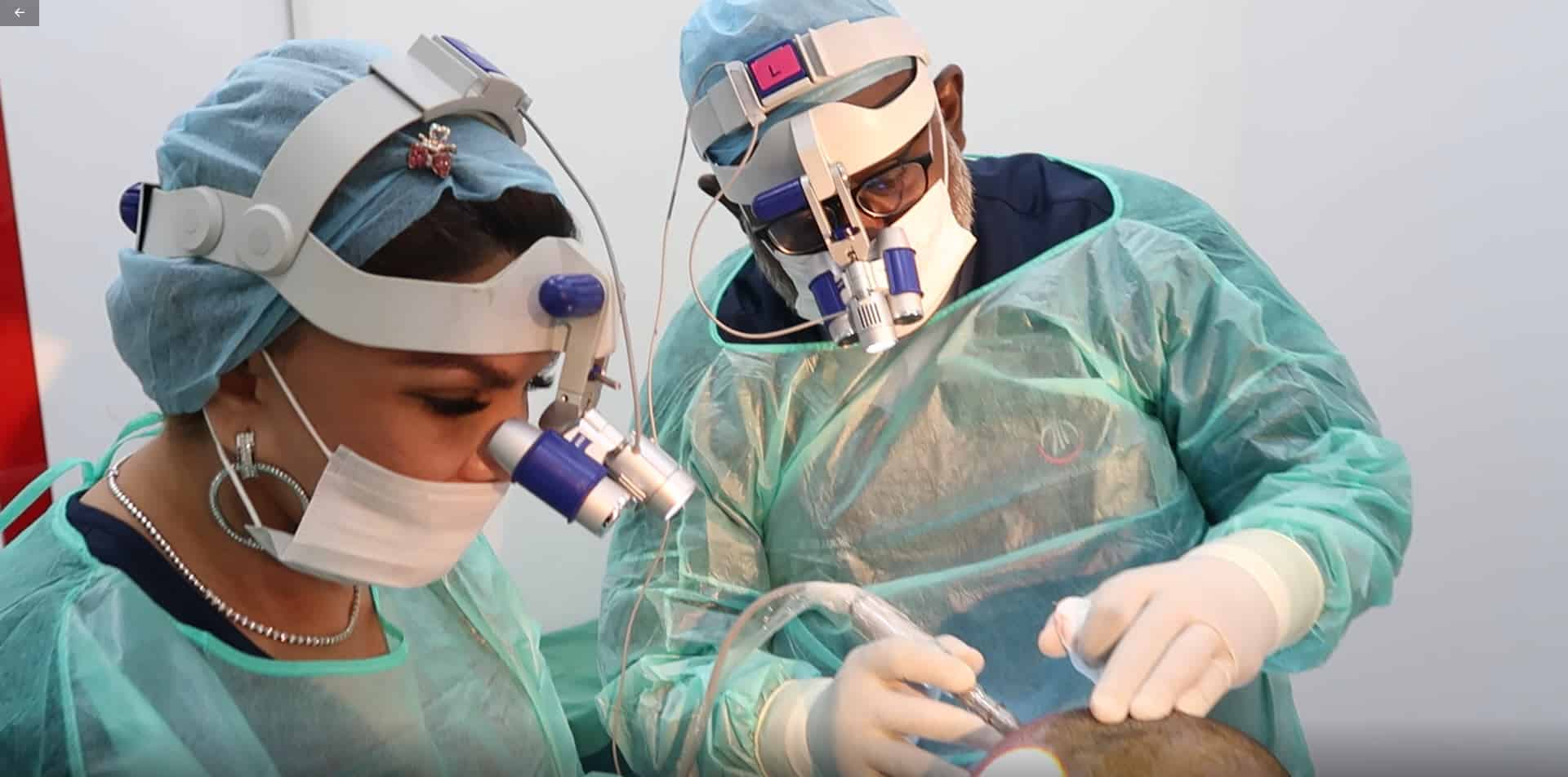
MAIN PROCEDURE OF HAIR TRANSPLANTATION
The entire process has minimal to no pain, and recovery time is quite fast.
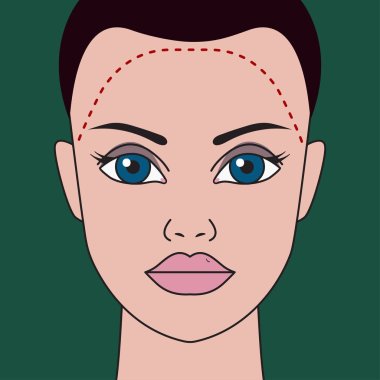
Hairline Design
An artistic eye and extensive experience allow doctors at Hair Transplant Centre to design a natural-looking hairline that fits each patient’s stage of hair loss, age, gender, ethnicity, head shape and facial features.
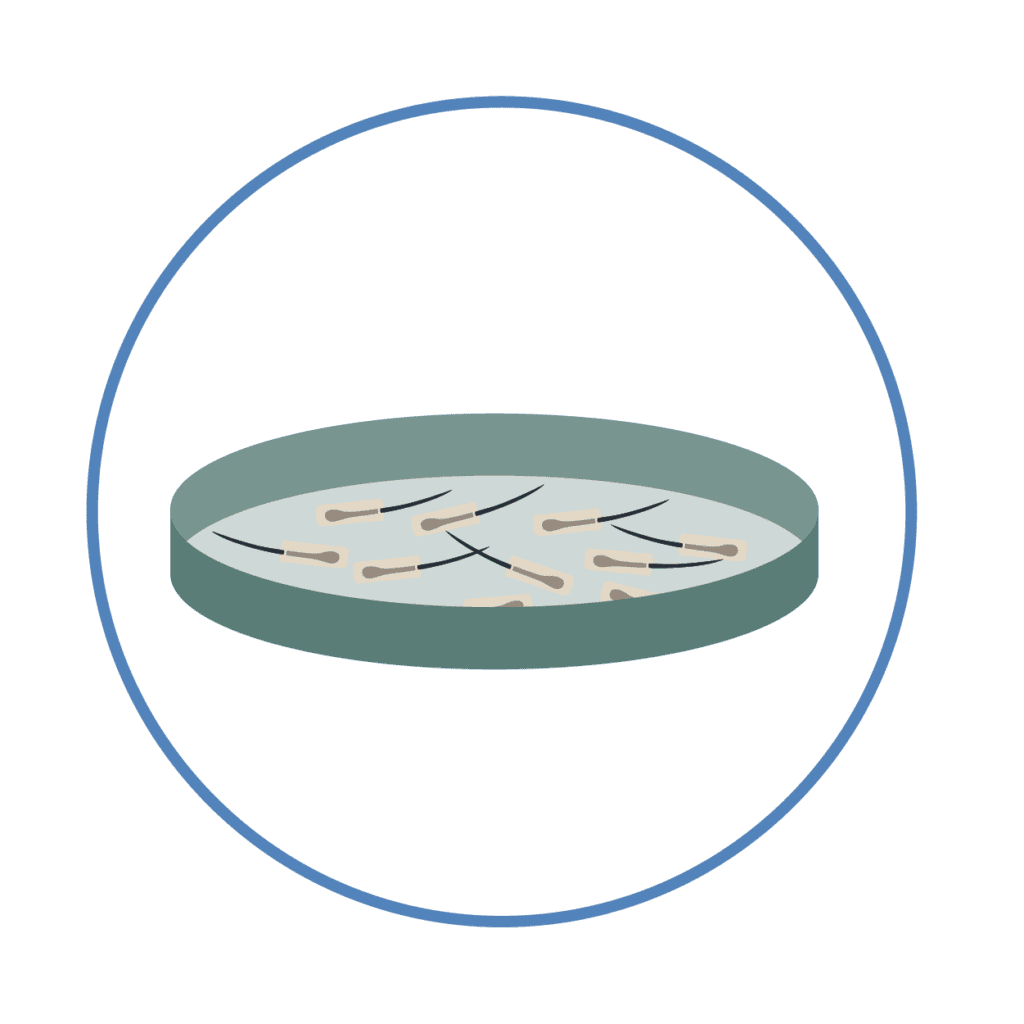
Harvesting Process
Donor hair is carefully harvested, paying close attention to protecting blood supply and nerves while maximizing harvest yield.
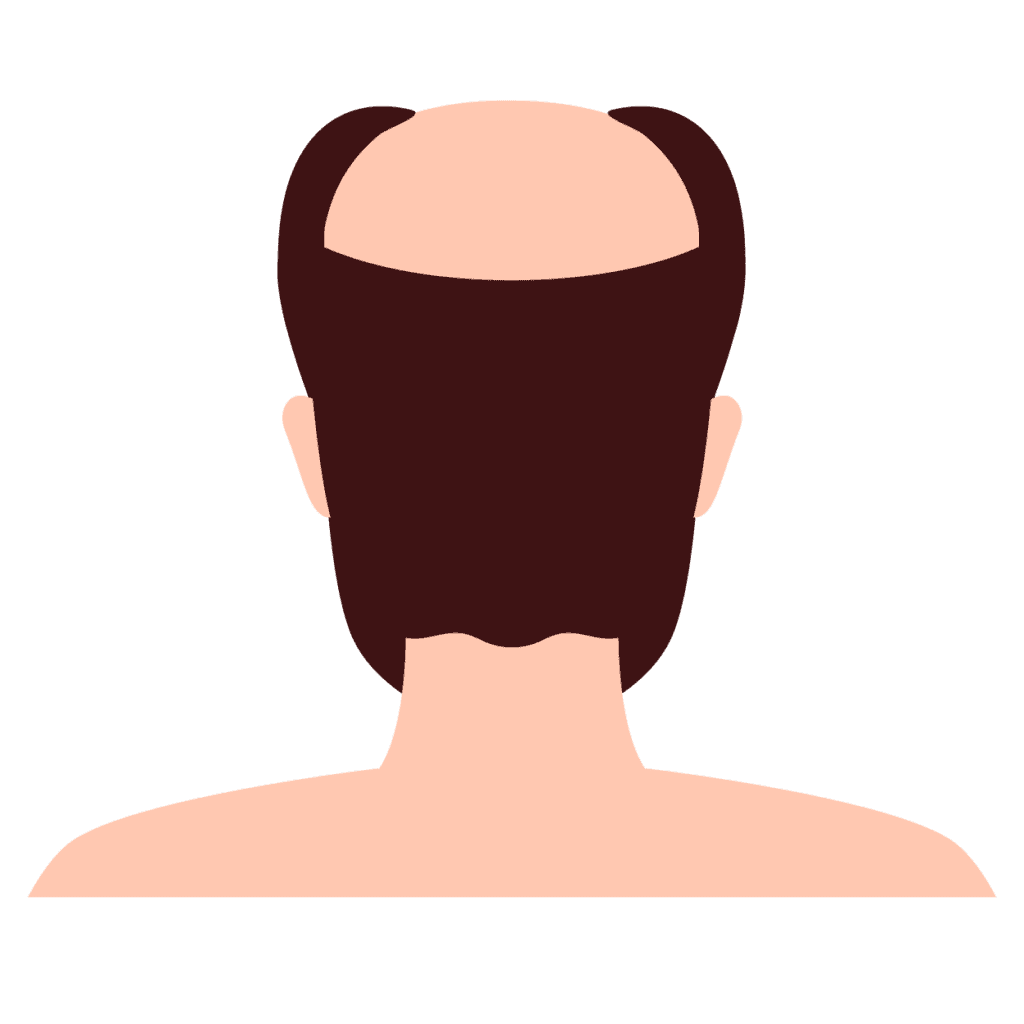
Recipient Site Creation
Recipient sites are chosen with perfect angles, direction, pattern and graft-to-site fit in mind to create the most natural results.
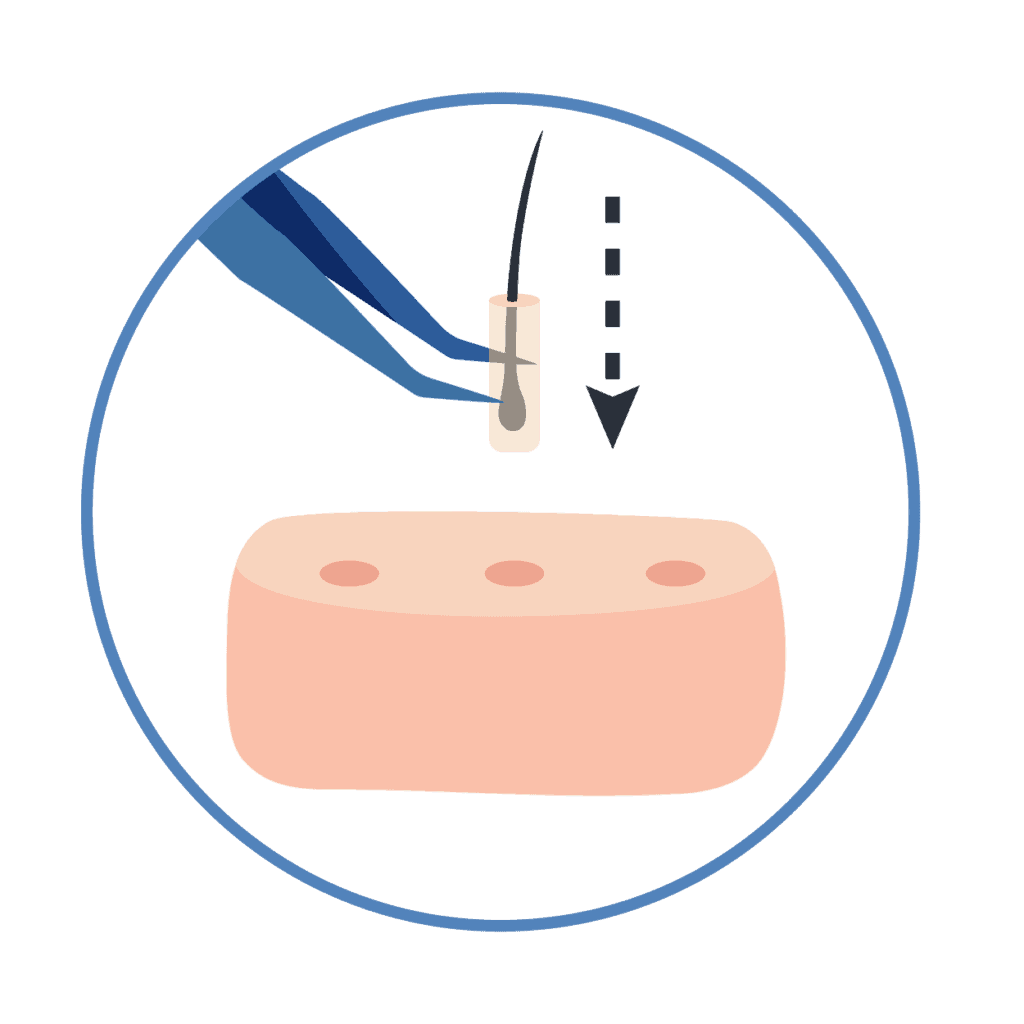
Hair Graft Placement
Our experienced team expertly places all hair grafts so they are not too deep or too high and to prevent trauma upon placement.
Advantages of FUE Hair Transplantation

Unnoticeable scar
There are no stitches, so the donor area heals within days
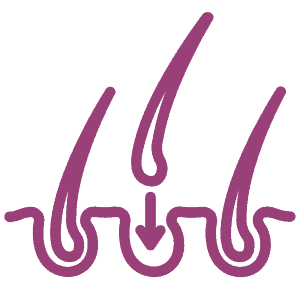
Fast recovery
The results are natural-looking and permanent

High success rate
It is a solution for incipient and advanced hair loss.

Unnoticeable scar
Free consultation with our trusted doctors and get the best recommendations

Scarce donor area make it look unaffected
Feel less pain and after the operation

No pain during treatment
It’s a state-of-the-art, minimally invasive technique
Recovery
Recovery following corrective hair surgery is no different than recovering from any other type of hair transplant surgery. It typically only takes about 24 hours to recover from hair transplant procedure.
After a successful transplantation, the transplanted hair might fall after 3 weeks, but this should not worry you as they grow back better than ever, after 4 to 6 months. The patient can get back to his routine life within one week of the treatment


